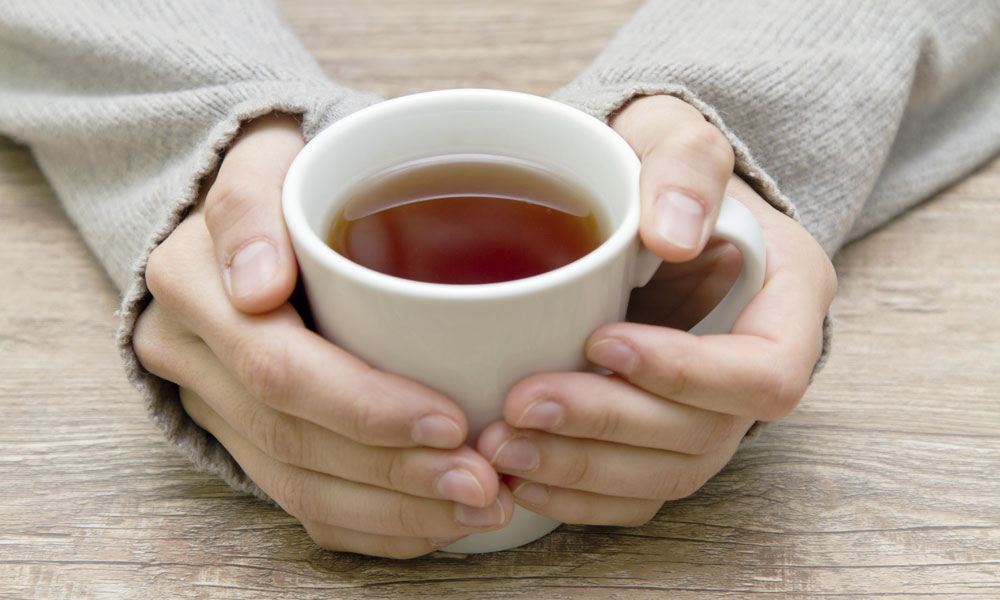
As Coffee Loses Its Punch, Tea Association Steeps In Industry Growth
Tea was once an also-ran to coffee, but now the English favorite is starting to find equal footing with its percolated cousin. And the Tea Association of the USA is working to advance the momentum.
Coffee may rule the roost of hot caffeinated beverages in America, but for some, there’s a new cup o’ tea in town.
“Tea is really cool now,” Ryan Florio, founder of Inca Teas, said to WKYC.
Young, worldly, and experimental drinkers are now trying out various teas, and businesses and cafes are sprouting up to serve the new population seeking a good cuppa across America.
Wow – tea is now as popular as coffee among Americans under 30. It's about time, eh? (From: http://t.co/EBkh1O8xsa) pic.twitter.com/nv6FPglgYU
— Yorkshire Tea (@YorkshireTea) April 22, 2015
The Tea Association of the USA is fostering the growing interest in and love for tea in diverse places, from small cafes to national fast-food chains.
Research has found that Americans drink nearly 20 percent more tea today than they did in 2000 and that 80 percent of Americans have tea in their kitchens.
Love for Both Coffee and Tea
While tea is swallowing up an increasing share of the caffeine world, coffee is slipping in popularity.
But it’s not a choice of one or the other for many: Some just drink both.
In a survey from YouGov, 42 percent of respondents ages 18 to 29 said they love their coffee, and another 42 percent in this age bracket said they appreciate their tea.
It’s striking to see millennials and American audiences gain a love for tea because it’s always been found that older people covet this mild beverage, while younger ones opt for coffee. Millennials are changing the status quo, making them equal.
And it shows at a pure revenue level: The wholesale value of tea sold in America was under $2 billion in 1990, but that figure soared to more than $10 billion last year, according to the Tea Association of the USA.
“The bottom line is that we see continue growth happening in almost every tea sector,” Peter Goggi, president of the Tea Association, said to The Washington Post last year.
“We still believe that the market is going to hit $15 billion in the next two to three years.”
A Cultural Shift
Perhaps the biggest sign that tea is staging a takeover? American fast food chains are upping their tea game.
Coffee juggernaut Starbucks bought Teavana and its more than 300 U.S. locations in 2012.
And Wendy’s just added tea to its menu this month, as its first ever organic option.
But as Reem Rahim, cofounder of Numi Organic Tea in Oakland, California, notes, the changes in palate go even deeper than that, with consumers embracing a limitless number of flavors, natural organic tastes, and flavors from around the world.
“There were many factors that sort of shifted the culture to be more receptive to tea,” Rahim said to Oakland North. “More traveling, people are more exposed to tea, and I think in the younger generations it is almost hip to be a tea drinker.”
And in comments to CNBC, the Tea Association of the USA’s Goggi noted that the soothing beverage’s beneficial health effects have also played a role in the phenomenon.
“Clearly what we’re seeing is the message that tea is good for your health has really permeated,” he said.
No matter what’s driving the success, there are certainly a lot of tea addicts out there these days.
(iStock/Thinkstock)






Comments